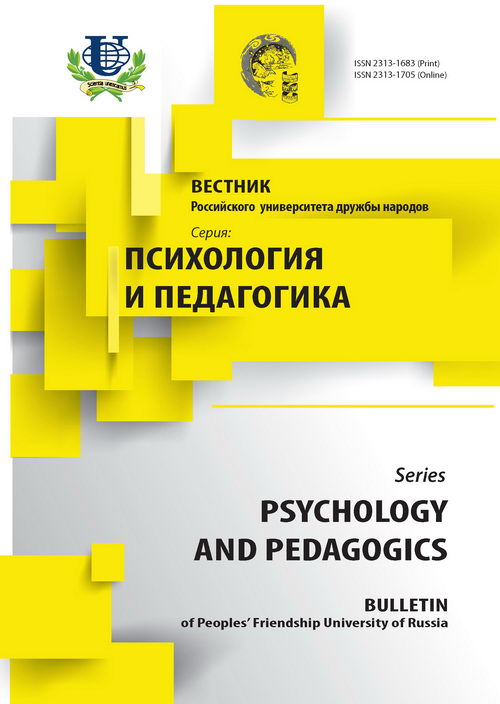RETRIEVAL PROCESS IN FREE RECALL CREATES ERRORS IN SHORT TERM MEMORY BUT NOT IN LONG TERM MEMORY
- Authors: Tarnow E.1
-
Affiliations:
- Avalon Business Systems
- Issue: No 2 (2015)
- Pages: 54-66
- Section: Articles
- URL: https://journals.rudn.ru/psychology-pedagogics/article/view/13438
- ID: 13438
Cite item
Full Text
Abstract
An analysis of free recall errors shows that the free recall retrieval process in short term memory is accompanied by a linear rise in errors, without discontinuities, invalidating short term memory models in which stores or states are sequentially emptied. The frequency of errors increases at roughly 1% per second and exponentially if the items to be recalled are strongly related. This leads to a “Heisenberg uncertainty principle” situation: the more items recalled, the less accurate is the recall of those items. The error probability does not reach a plateau, is independent of time passing without a retrieval process being engaged, suggesting that the retrieval process itself introduces errors in short term memory. In contrast, in long term memory the error probability remains constant, indicative of a single store without retrieval induced errors. Error terminated short term memory free recall distributions are the same as distributions terminated by correct items.
References
Supplementary files















